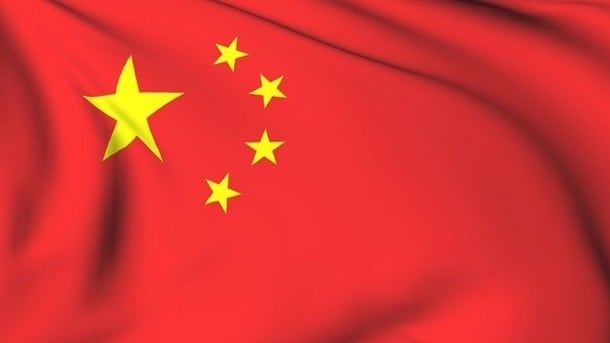WATCH – Why personalisation, not purely new products, is the future for nutrition in China
Providing a set of customised nutrition solutions will be key for food and beverage firms to staying ahead of market competition in the years to come, according to Chinese firm Seven Twenty-Four Science and Technology.
The Shanghai-based health and nutrition platform, had recently launched a line of meal replacement powders as part of its personalised weight management services at the HI / FI China exhibition.
The nutrition solution starts with utilises genetic testing, followed by a set of questionnaires to understand the users’ lifestyle habits before prescribing a suitable the meal replacement powder and a set of diet plans is prescribed.
Omega-3 and plant sterol supplements reduce fasting blood glucose in pre-diabetics: China RCT
A combination of omega-3 fatty acids and plant sterols dietary supplements was found to significantly reduce fasting blood glucose and insulin resistance in people with impaired glucose regulation (IGR) or pre-diabetes, Chinese researchers said.
Published in the journal Lipids in health and disease, it is one of the first randomised clinical trials focused on the combinations’ potential to alter glucose and lipid metabolism in preventing and/or treating IGR.
The study reported that participants given the combination exhibited significantly decreased triglyceride, high-density lipoprotein cholesterol, fasting blood glucose, and glycosylated haemoglobin.
Evidence of efficacy: China’s regulator urges firms to contribute ingredient data to health food registry
China’s State Administration for Market Regulation (SAMR) is encouraging health food firms to contribute to the expansion of the Health Food Raw Materials Directory by presenting evidence to support the functional efficacy of ingredients to the unit.
Supervision Commissioner of SAMR Zhang Jin Jing encouraged firms to do so when speaking at the 6th Nutraceutical Industry Development Conference held in Shanghai last month.
At present, the directory consists of only basic vitamins and minerals, and firms are only required to go through the filing process, which typically takes about six months, to obtain approval for manufacturing supplements containing these raw materials.
Supplements and Chinese kids: Parents need more education to make informed choices — study
Chinese parents and caregivers who buy dietary supplements for their children often lack the necessary knowledge to make informed choices, according to a cross-sectional study conducted in Hunan province.
Though dietary supplement use increasing worldwide, especially among children, few studies have examined the details of their use among children in China.
Researchers at China’s Central South University therefore conducted a cross-sectional study to assess the prevalence of dietary supplement consumption and its related factors in primary school students in four primary schools in Hunan.
Watch: China now contributing more than half of APAC’s US$19bn probiotic sales
China is now accounting for around 53% of the APAC probiotics business, with one expert telling us ‘this is only the beginning’.
Last year China claimed around 46% of the regional trade, but that proportion has jumped by around 7% in the last 12 months alone.
According to George Paraskevakos, executive director of trade body the International Probiotics Association, the APAC probiotics business as now values at almost US$19bn.





